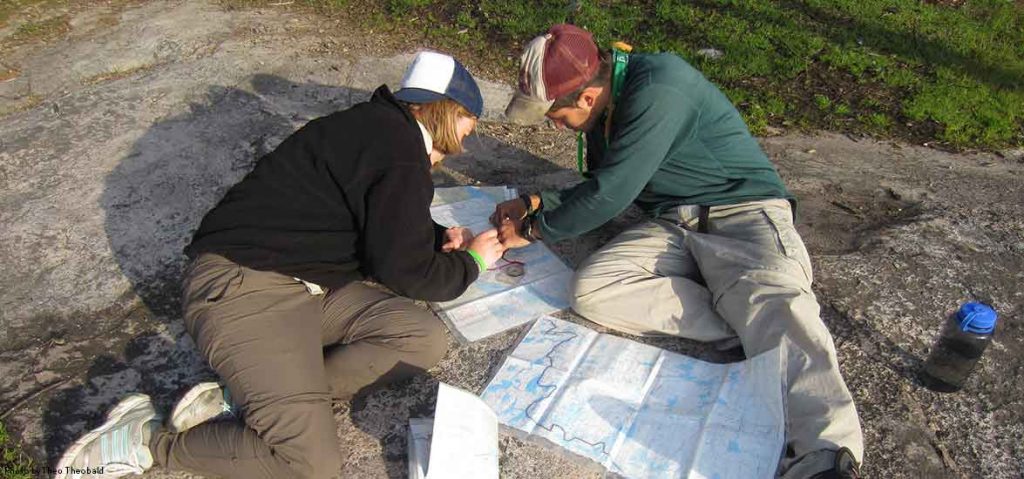For families with struggling teens demonstrating self-destructive behaviors, the Outward Bound Intercept program has been the answer to get help and seek change in a positive way. These courses are designed to develop positive decision-making skills, strengthen interpersonal relationships and cultivate a positive self-image. They are much more than a wilderness expedition. While the wilderness expedition requires students to learn technical skills including map reading, portaging a canoe and using climbing equipment, as students become more adept, they are required to take on more responsibility. In return, they are able to gain more autonomy and are encouraged to see this as a metaphor for life. Ideally students will return home with a willingness to accept more responsibilities and ultimately gain the independence they seek. A family conference is held at the end of each Intercept course, allowing the student and their parents to have open, real conversations and set up a plan for moving forward in a positive way.
So what happens during an Intercept expedition? A photo is worth 1,000 words, so we’ve got several thousand for you to lend insight into what goes on during an Intercept course.
A Change of Scenery
Intercept students are immediately immersed in a daily life that will soon become routine. They are tackling physical challenges that come with traveling many miles a day and learning how to set up and take down a campsite, along with mental challenges, such as meeting a group of new individuals and missing the comforts from home they have left behind. They are learning technical skills such as flatwater canoeing or how to read a map. Participation and contribution from each individual is required, and students quickly learn they are an essential member of the group and for making certain goals throughout the expedition, an essential part of the Outward Bound experience. For example, the group has to cover a certain amount of miles each day in order to get to the next campsite before dark. Students are learning and experiencing new things, and in turn, are gaining an extended view of themselves, their capabilities, strengths and weaknesses. Outward Bound’s purpose and values are shared by the Instructors in order to facilitate a broader understanding of what they can take away from their time on an expedition.

Photo by Jon Reynolds
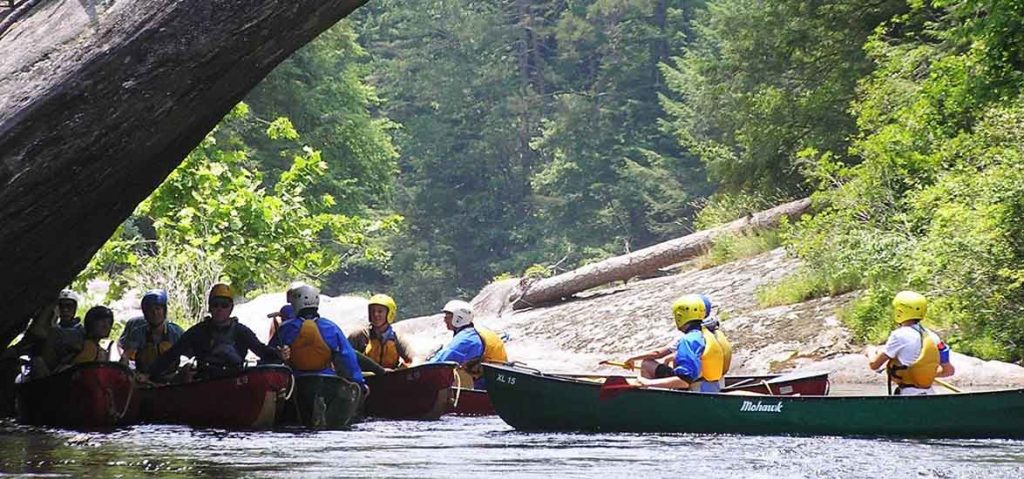
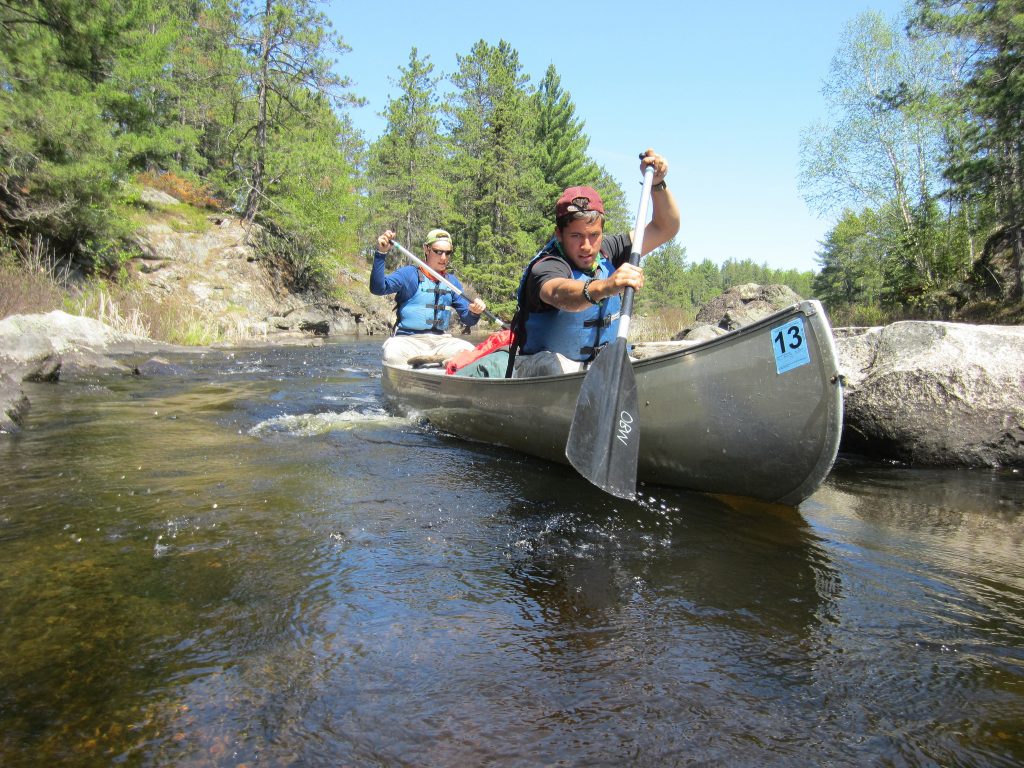
Photo taken on an Intercept Boundary Waters Canoeing expedition by Theo Theobald.
Students Learn More Than They Realize
Around week two of the course, students are well versed in the basics of wilderness travel. They know how to make good choices to stay safe in a rugged environment, craft their own dinner in the backcountry and make water safe to drink. As they have progressed in these areas, Instructors begin to pull back and offer the group more responsibility, and ultimately, freedom. Communication within the group becomes paramount as this change in the Instructors’ roles shifts more pressure to the group to become more independent. The group spends time on the important topics of decision making, anger management, conflict resolution, inclusivity, environmental responsibility and self-esteem. As the group is responsible for making decisions to navigate and lead, they feel a sense of accomplishment and responsibility of self as each member is a necessary member of the crew. Students are learning more and more about themselves, realizing what they do well and also reflecting on the reasons that landed them a place on an Intercept expedition.
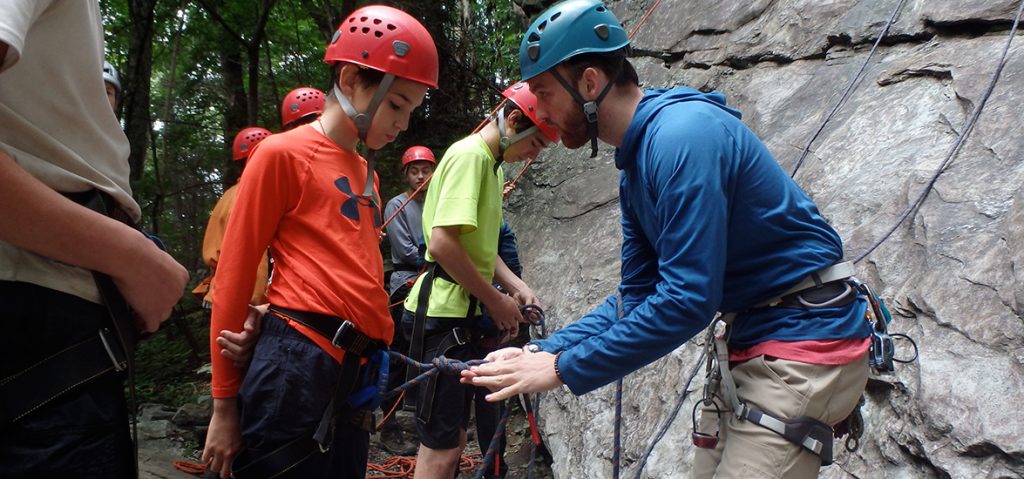
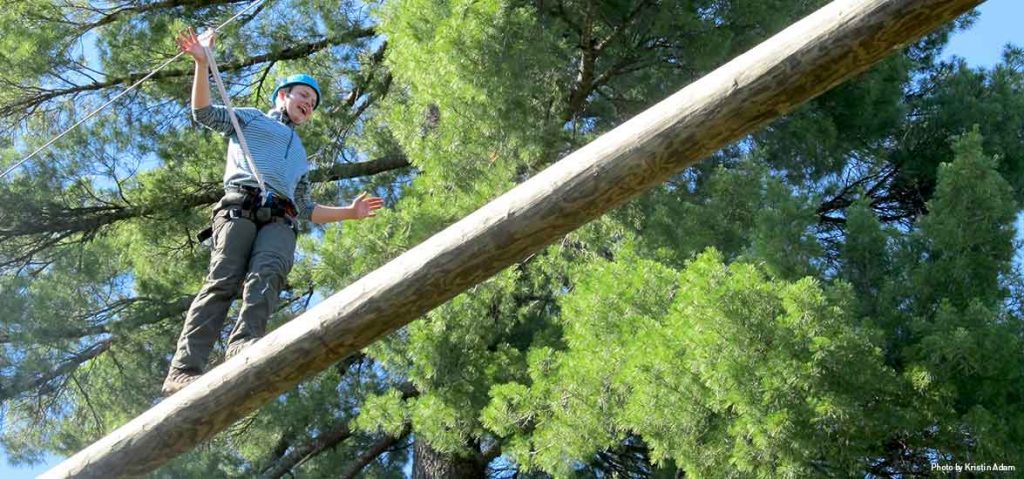
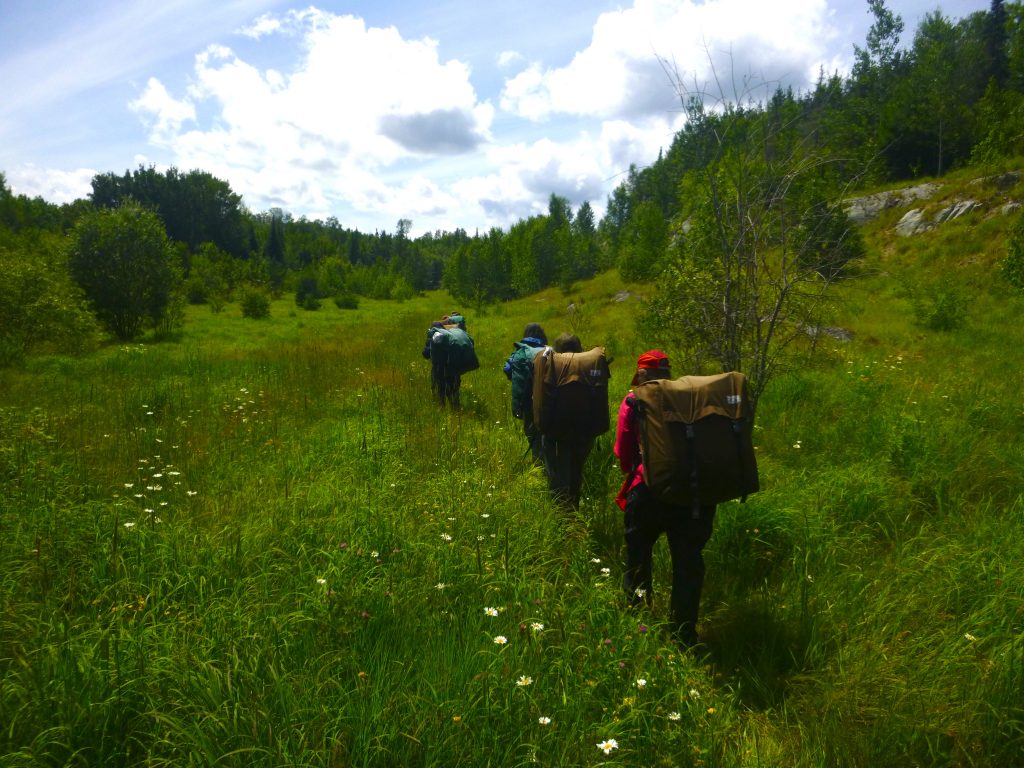
Photo taken on an Intercept Boundary Waters Canoeing expedition by Anneke Johnson.
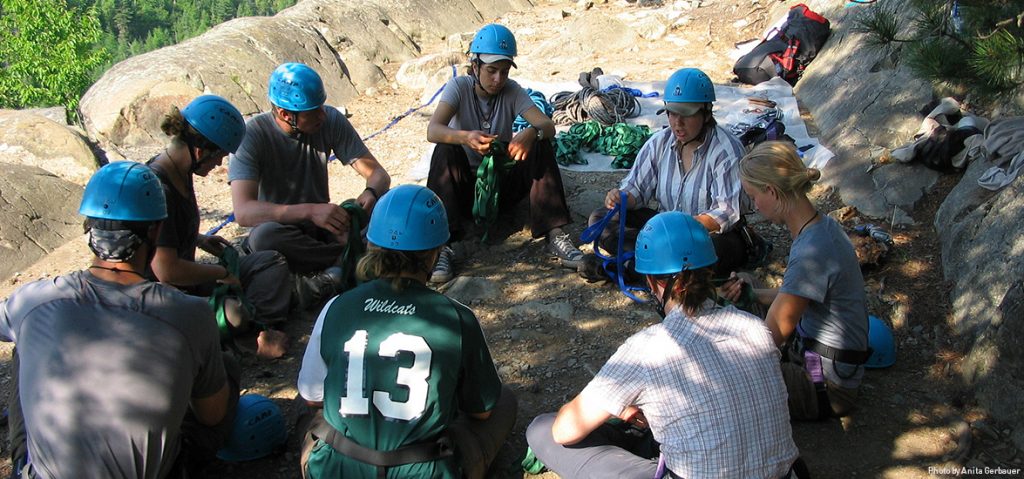
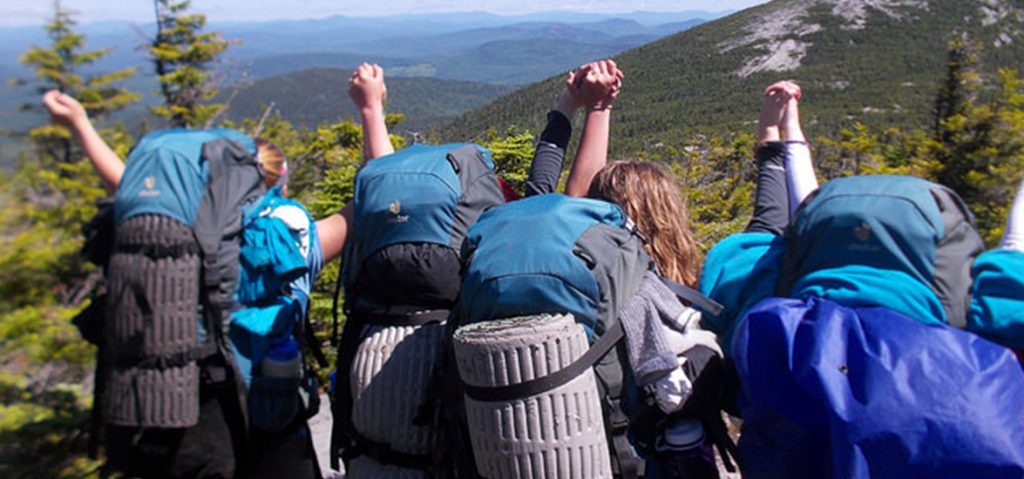
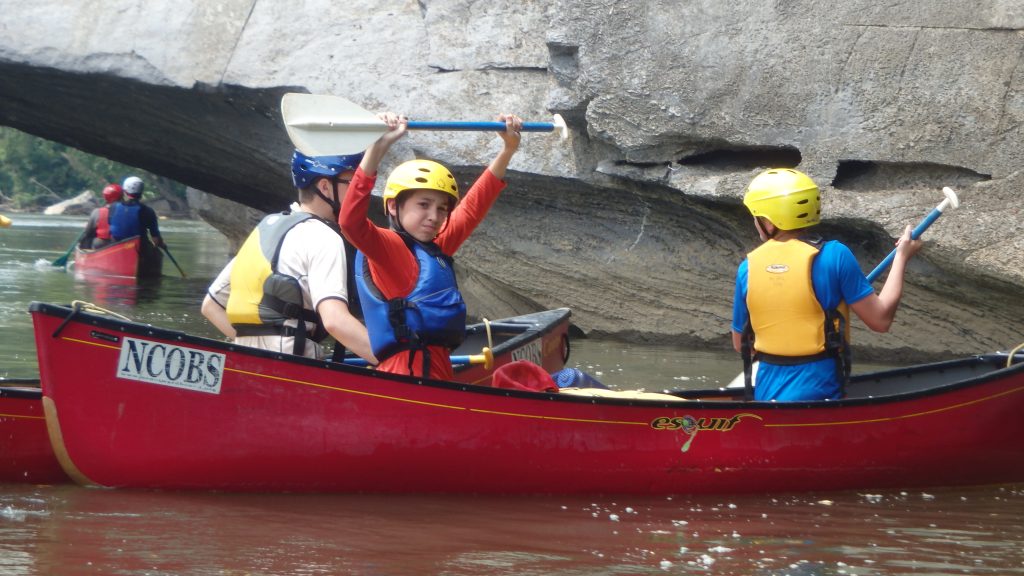
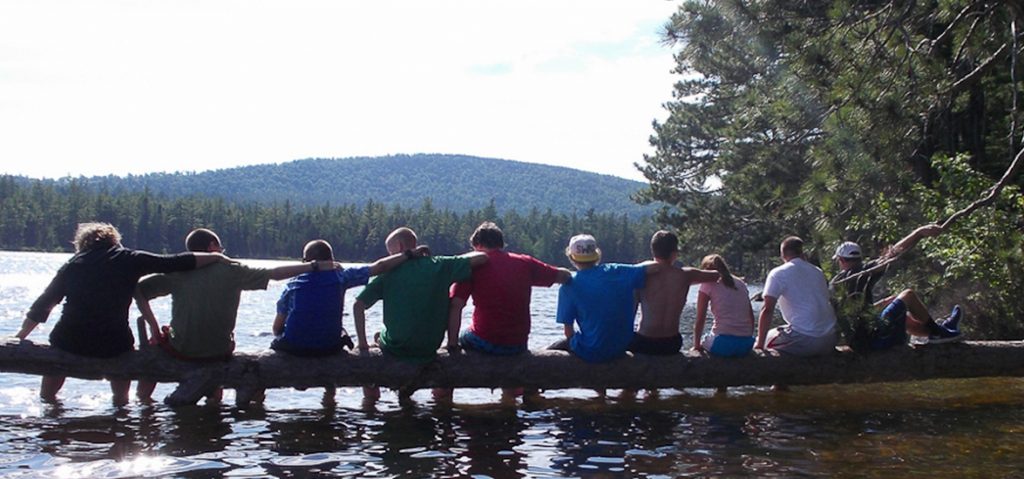
Solo: A Time of Introspection
Solo is a time meant for introspection. Near the end of their time in the field, students take this time on the expedition to be alone, yet not far from Instructors, to utilize time to think about their expedition, what they have learned and might even contemplate future conversations with their family. At the end of an Intercept course, students are reunited with their families during the Family Conference, which allows both parties to participate in an open discussion, speaking honestly about what they would like to see change in their relationship moving forward, after the course ends and everyone returns home. Students might reflect on what behaviors they are open to changing after the course, looking at any poor decisions they’ve made in the past. Not only are they thinking about their own behaviors, but also that of family members and how they might hope to change the family dynamic for the better.
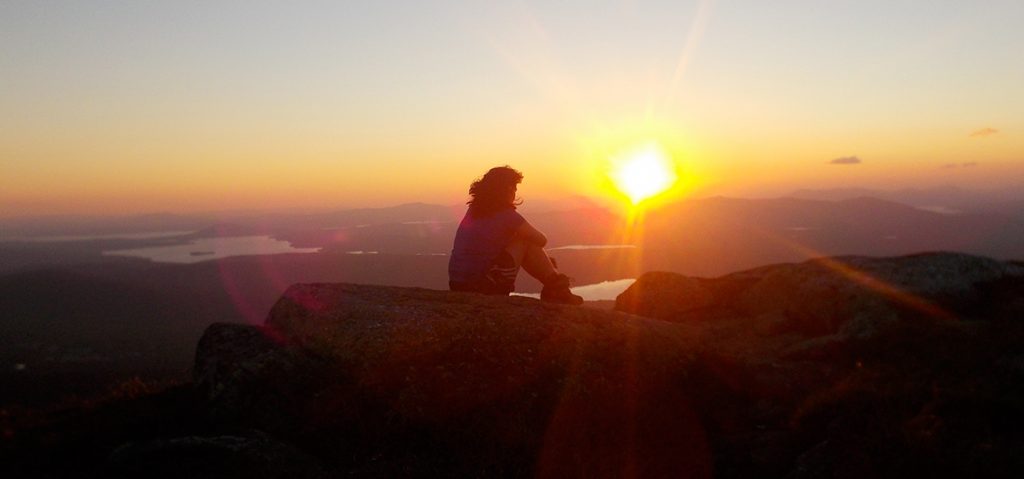
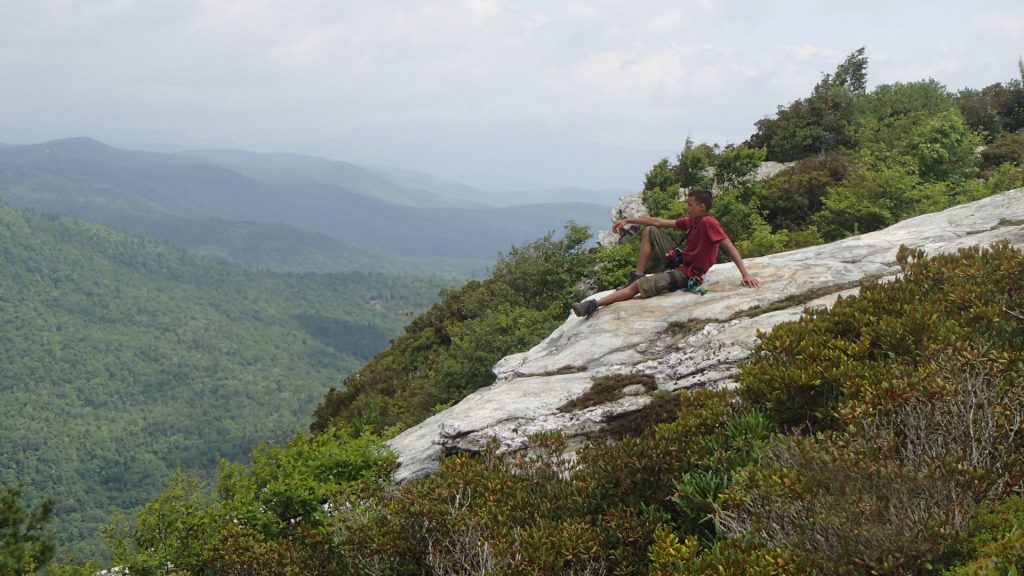
Photo taken on an Intercept Blue Ridge Mountains Backpacking, Rock Climbing and Whitewater Canoeing expedition.
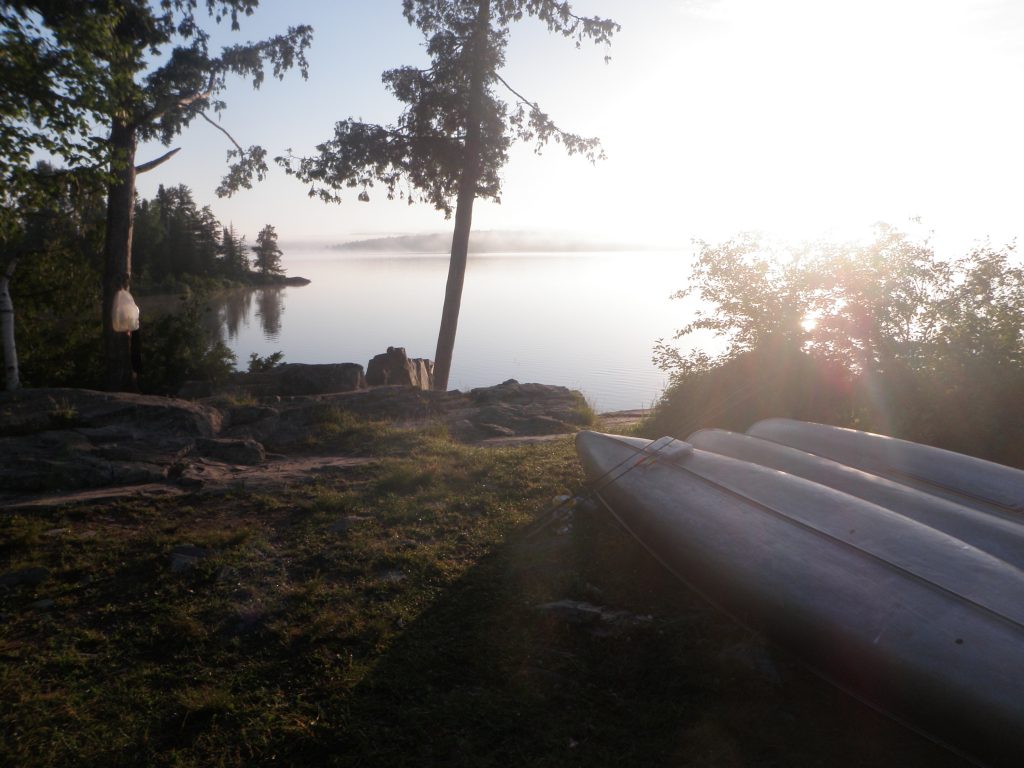
Photo taken during Solo by Maddie Rock.
Final Expedition
On the Final expedition, the group is reunited and students are given the responsibility of managing every aspect of travel, with Instructors always in a position to intervene if necessary. Through this challenge, students are able to make the connection between responsibility and freedom, seeing the direct effect of handling the former in order to gain the latter.
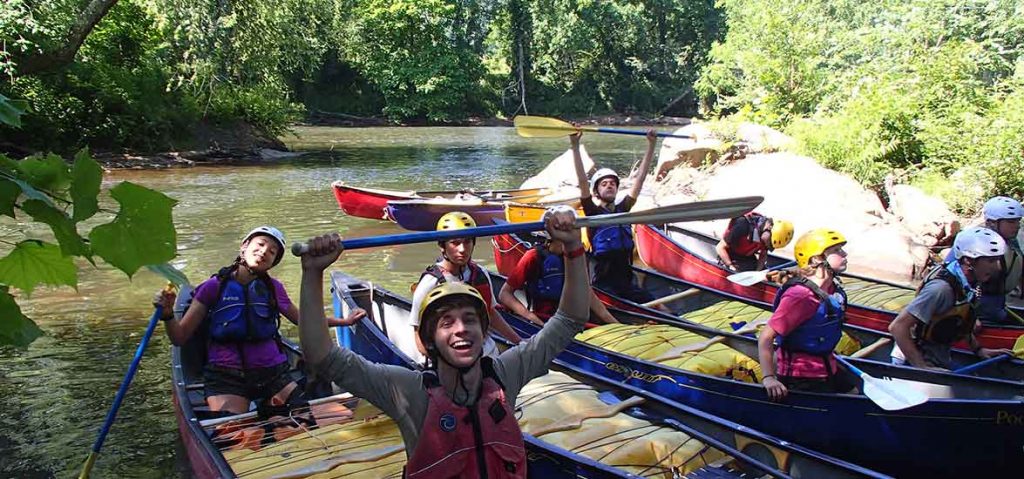
Family Conference
The Family Conference is a starting point for students and their families, a time to embrace open communication, have an honest conversation and establish a way of relating to one another that will be effective moving forward. Parents will hear about their child’s experience on their expedition, and Instructors will help facilitate a conversation to offer ways to transfer these experiences and new realizations to life at home.
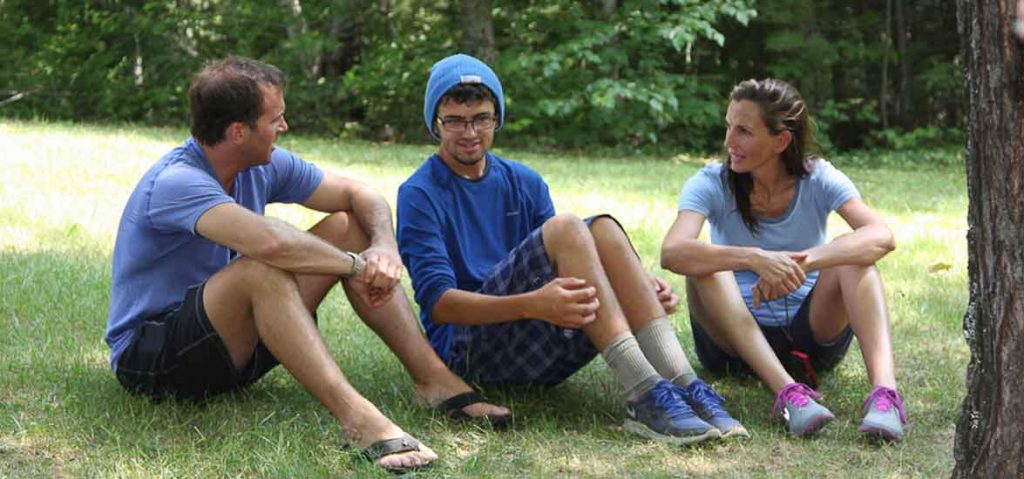

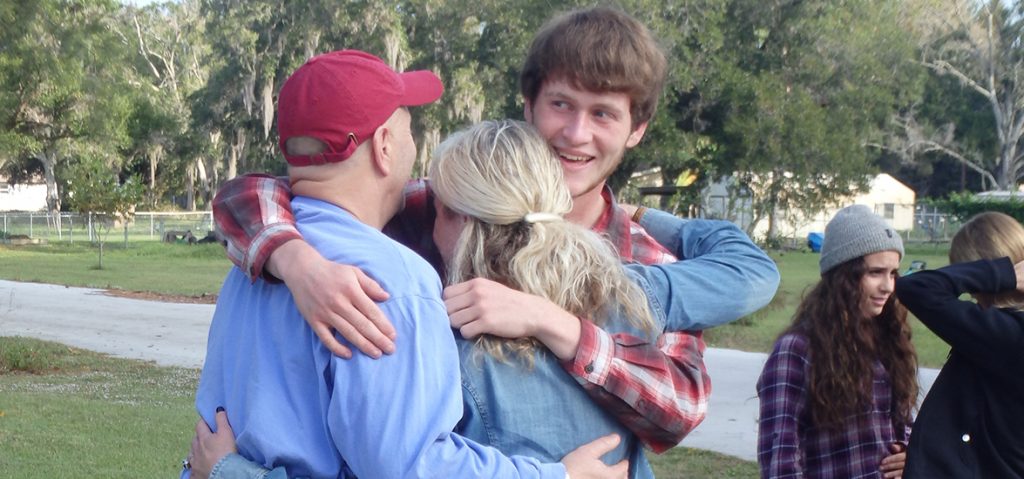
***
Are you thinking about the Intercept program for your family? Click here to speak with a specialist.



